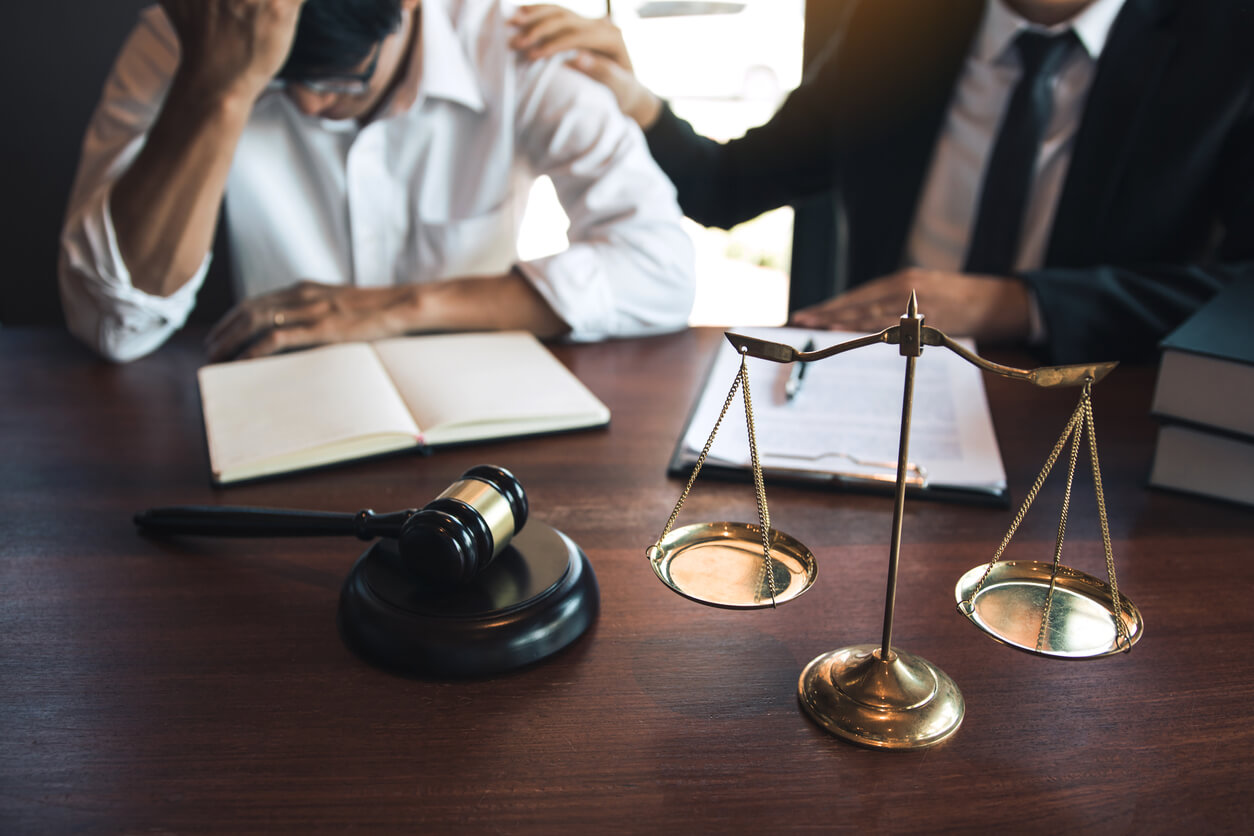The State of Washington imposes sentencing after a criminal has pled to a crime or been found guilty by a judge or jury.
The sentencing of a defendant is a critical phase of a court case. The duration and type of punishment prescribed by the judicial court system will significantly impact the defendant.
Criminal defense lawyers must take care that attention is given to the defendant’s needs and that the least possible punishment is issued.
Experienced Seattle criminal defense attorneys impart to their clients, and their clients’ families an understanding of sentencing in Washington by answering 5 frequently asked questions.
5 Frequently Asked Questions About Sentencing in Washington
- What is Sentencing?
Sentencing is the phase of a court case in which a defendant is issued punishment for the crime of which they were found guilty.
Sentencing generally takes place at a sentencing hearing a few weeks after a conviction or guilty plea.
- What Factors are Considered During Sentencing in Washington?
When considering sentencing for a crime, a judge considers several factors per state sentencing guidelines. These factors include:
- circumstances of the crime
- criminal and personal history of the defendant
- the severity of the crime committed
- victim statements
- statements from the defendant’s family and friends
The totality of these factors influences the type and severity of the punishment. However, singular factors may be weighted more heavily than others in consideration of the crime and resulting penalty.
For instance, a particularly brutal or heinous crime may override the defendant’s lack of criminal history or stellar community reputation.
- What Are the Sentencing Guidelines for Washington Misdemeanors?
Judges have broad discretion to impose jail time or set jail time aside while placing other restrictions on those convicted of misdemeanor crimes.
Typically, misdemeanor crimes carry a risk of between 90-364 days in jail. While a judge may impose a sentence anywhere in that range, judges often impose a minimal sentence or no sentence at all in favor of other conditions being met.
A judge may impose other conditions as sentencing for misdemeanor crimes include community service or substance abuse counseling and rehabilitation.
An effective criminal defense attorney may be able to persuade a judge to set aside jail time if their client has little or no criminal history, the misdemeanor crime was non-violent, or circumstances warrant leniency.
- How Does Felony Sentencing Work in Washington?
Judges do not enjoy unlimited discretion in felony sentencing.
Unless certain factors calling for exceptional-sentencing exist, judges must defer to the sentencing guidelines outlined in Washington’s Sentencing Reform Act.
Judges also refer to a sentencing grid when determining jail and prison sentences. This ensures that defendants are treated similarly when punished for similar crimes.
The grid scores the seriousness of the crime and the defendant’s criminal history and then converts that score into an applicable range of jail or prison time.
- Does Washington Have a Three-Strikes Law?
Washington is one of several states that has enacted a Three-Strikes Law.
The Three-Strikes Law is designed to punish persistent offenders with life in prison. Persistent offenders are offenders who commit three “most serious” offenses.
These “most serious” felony offenses include, but are not limited to :
- Kidnapping, first or second-degree
- Incest against a child under age 14
- Rape, first, second, or third-degree
- Murder, first or second-degree
Persistent offenders are sentenced to life in prison without the possibility of parole.
Contact a Seattle Criminal Defense Attorney Today
If you are facing prosecution for a crime in Washington, reach out to an experienced criminal defense attorney at our law firm today.
When your future hangs in the balance, you want a trusted and knowledgeable Seattle defense attorney on your side. Not only will we vigorously defend your rights in court, but we will argue vehemently for reduced sentencing or appeal in the event of a criminal conviction. Contact our office today.
DISCLAIMER: This post is intended to share my perspective, insights, and some general information on various aspects of criminal cases. It is not legal advice and is not intended to substitute for legal advice. You should consult an attorney to obtain legal advice for your individual situation and case.

